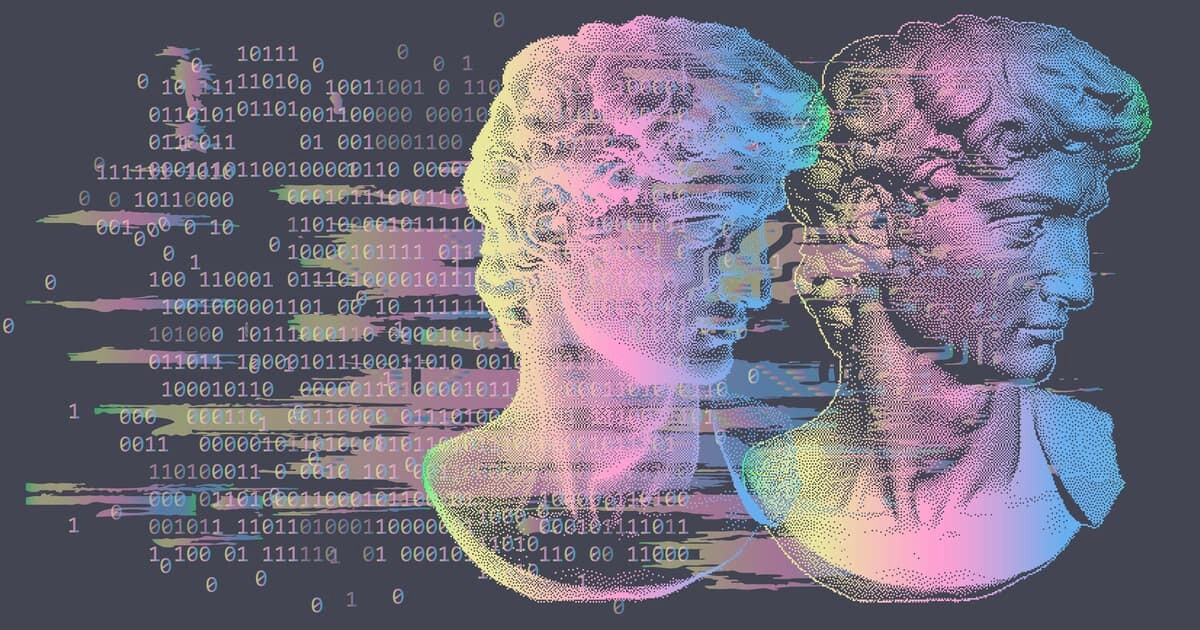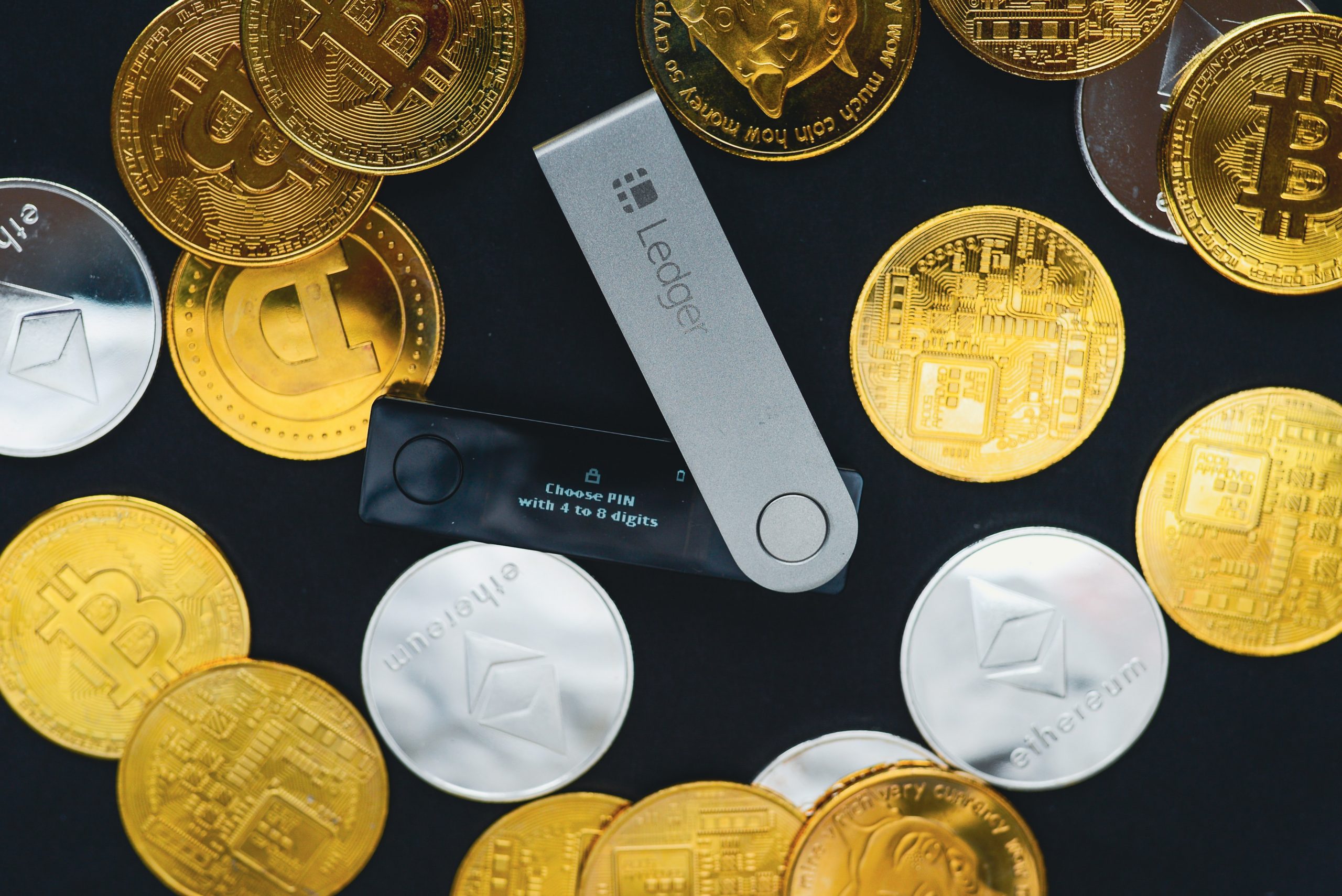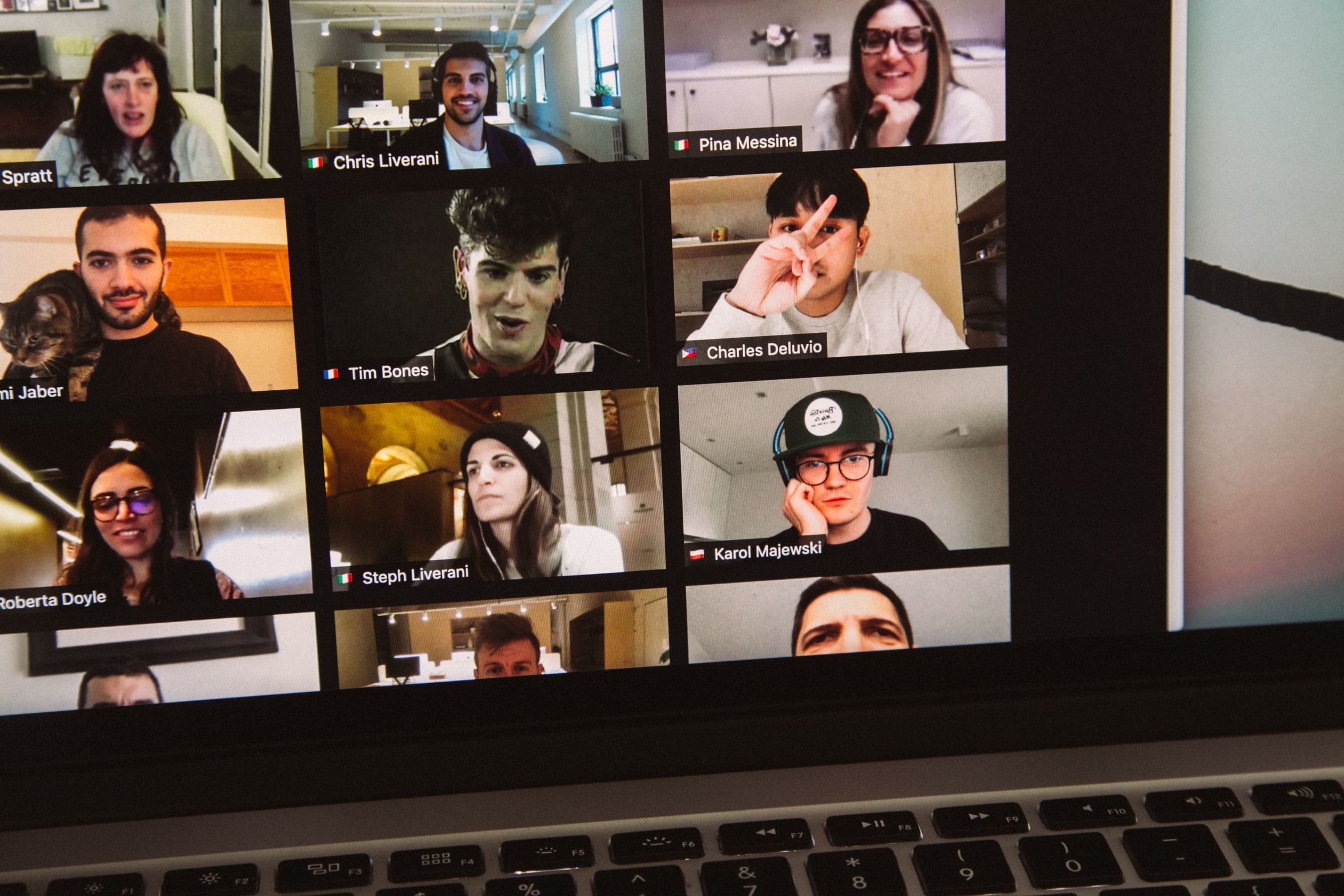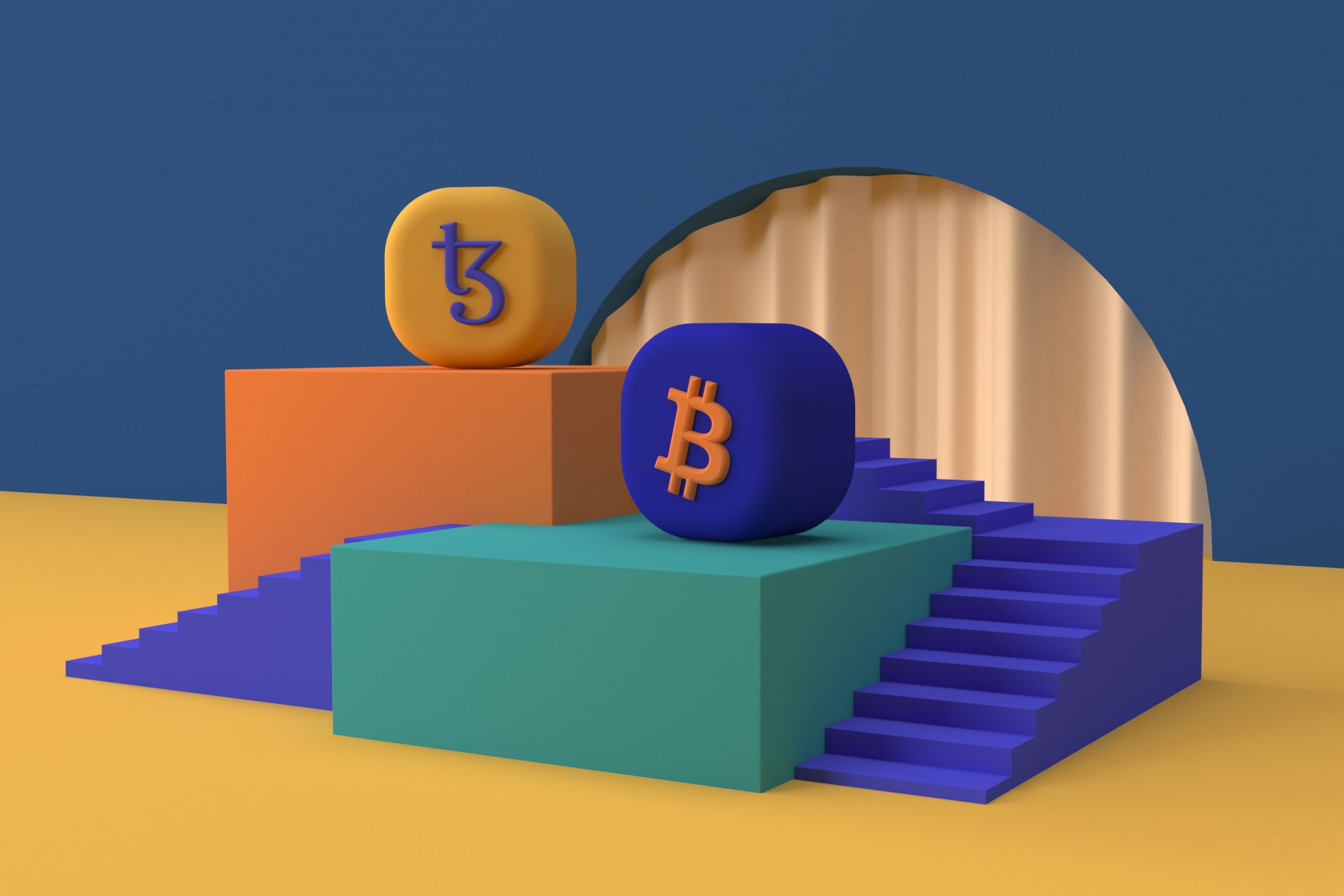A new, community-led funding model for music: DAOs
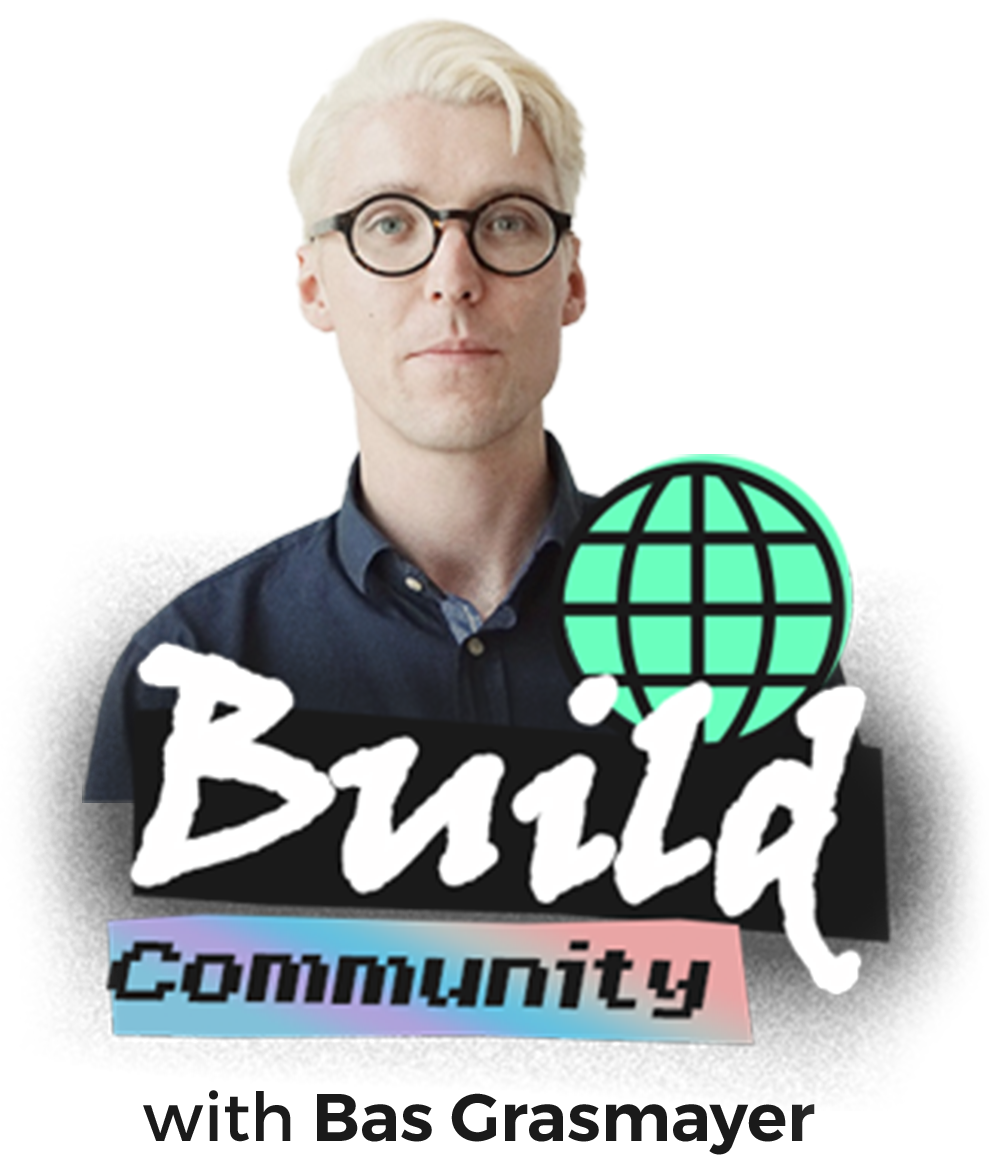
Communities connected through blockchain technology are pioneering and experimenting with new ways to organise and create value together. These so-called ‘Decentralized Autonomous Organisations’ are quickly entering the music biz vocabulary as the three-character abbreviation DAO. One of the reasons for that: they’re unlocking new funding models for music.
What are DAOs and how do they differ from other communities?
DAOs are decentralized non-hierarchical organisations that use blockchain technology to encode their set of rules, for instance who can join and how its treasury gets distributed. Bitcoin is considered an example of a DAO, since it has a “pre-programmed set of rules, functions autonomously and is coordinated through a distributed consensus protocol.”
One driver of the NFT boom, another three-character abbreviation, is a concept called ‘smart contracts’: essentially computer programs that in the case of NFTs take care of getting the funds from one party to another without third-party intermediaries like payment processing companies or agents handling resales of an artwork. These smart contracts can also be used to coordinate DAOs, from communal voting mechanisms, to reward systems, to incentive models through grants or bounties.
One example of a DAO in music is Audius, a community-owned streaming protocol and platform. Cooper Turley, who heads up Crypto Strategy for Audius, has a great explanation of how DAOs work beyond the technical details described above:
Examples of funding models
The Audius community recently approved a proposal to create a grants committee composed of members of the platform. This grant committee can then choose to fund proposed projects from remix contests to community playlists to throwing a community festival to incentivizing collectives to onboard all of their artists to Audius. The funding is done in the form of the platform’s own ‘tokens’ which allow people to participate in the governance of the platform (e.g. in votes), unlock certain features, but it’s also possible to sell them and exchange them for everyday currency like US dollars.
Two other projects that run with a type of grant are the Mint Fund and CabinDAO. Mint Fund helps underrepresented artists cover the costs associated with creating NFTs, a process called minting. CabinDAO’s grant comes in a more material form: through a 12-month residency program for creatives. It’s completely community run, funded through cryptocurrency and governed through proposals and votes.
Another funding model is that of Songcamp. The idea started with creating a community of artists to experiment with Web3 topics like blockchain and NFTs. In the founder’s own words: “we would run a 2-week songwriting camp that doesn’t end when the music is written, but extends out into the visual artwork and rollout of said music. We would use web3 tools to explore what it means to realize the value of that art in a more direct way.” Its visual artists created an early NFT which was then auctioned. The NFT was a cool collectible, but more practically its sale would function as a type of sponsorship, covering the distribution costs for the creative teams’ output during the 2-week camp. End result? 13 strangers making roughly $34,000 USD off the sale of 3 music NFTs.
Then there is Opulous, which out of all of these is probably the project with the most direct link to the traditional music industry. It’s an initiative by music distributor Ditto Music and allows artists to get loans by using their future royalties as collateral. People who hold cryptocurrency can put it into the fund and make money from these loans. Since many people buy cryptocurrency for long-term speculation, this sounds like a potentially great way to park your money (do your research before making any investments!). As an artist, you can show your past royalties and get a loan by offering future royalties as collateral.
The tech is just half of the story
It’s understandable if a lot of this seems daunting. The technology is complicated and the space is in an early stage, so things can seem clunky and you might be exposed to the underlying technology from time to time.
What can help to get you over the hurdle is to look at it as communities coming together and figuring out ways to organise themselves, create and fund things in an equitable way. Equitable in this case means that the community owns their own platform, instead of publishing to a platform which can monetize your content however it sees fit.
Community is the road to empowerment – working together, artists can achieve a lot more. Find a community you feel connected to and figure things out together. Who knows what you might be able to create. The thing that’s certain is that it will be on your own terms.



